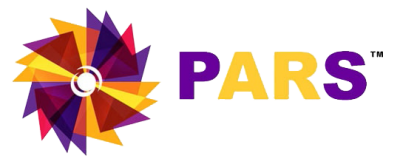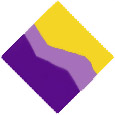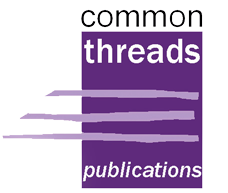
What is PARS playwork?
In the last 70+ years, the growing international playwork field has tried to define and describe its work in a number of different ways (Newstead, 2019).
PARS is the first holistic model to define and describe professional playwork practice. It was created by Dr Shelly Newstead, who analysed 70 years of playwork literature to find out what it means to do playwork from a playwork perspective. Grounded in the original philosophy of the adventure playground pioneers, PARS contains theories, methods and techniques which enable practitioners to articulate, develop and evaluate their playwork practice.
Book PARS Training
PARS – the pro-child profession
PARS playwork practice is being used around the world to enable children to have time and space to be kids. All over the world children spend their free time being supervised by adults. The aim of PARS playwork practice is to compensate children for the presence of adults in supervised settings. PARS empowers adults to let children to make their own choices about how their spend their free time. Adults who use PARS when supervising children in their free time are…

Less likely to intervene in children’s self-directed activities

More open to children’s risk-taking behaviours.As a result, children’s social and emotional development and emotional resilience increases (Chan et al, 2020).
International PARS training
The PARS model was originally piloted and developed over a number of years in Hong Kong and the UK as part of Shelly’s doctoral research programme.
Nowadays PARS training is enabling practitioners all over the world to explain how and why their playwork practice differs from other approaches to working with children. Over 1000 people have now taken part in PARS training in eight different countries.
We have recently developed online training courses to meet the demand for PARS training in the current pandemic: POM (PARS Online Masterclass) and POP (PARS Online Practicals).
Download the PARS Flyer POM POP
Book PARS Training
“I was able to do a presentation of some of what I learned through the PARS Masterclass at our monthly P & C meeting. It was super exciting and I received great feedback from being able to explain not just how, but also why we are choosing to practice in this way. For some, it changed the way they looked at what we did and it brought a few more enrolments too!”
Susie BerkhutDirector, Payne Road OSHC, QLD, Australia
![]()
“My staff really benefit from having the PARS framework which helps them not only to describe their playwork practice, but also to make those playwork decisions in the first place. We now have a model which helps us to describe our practice in a professional way without having to resort to programming activities to demonstrate that we are professionals who know what we are doing.”
Adam SmartSmartkidz, Cambridge, UK
![]()
“One immeasurable benefit of PARS is now having the language to engage with, both in self-reflection and in conversation with other practitioners and stakeholders. It means that we can now discuss what we think is happening for the children and what we think we can do to enhance (or meaningfully not ruin) what is happening, and to start to work on a collective understanding of our practice as a service. ”
Amy BlaneQueensland, Australia
![]()
Previous
Next
Join the growing worldwide PARS community!
There are a number of different ways that you can join the growing PARS international community…..

Become a PARS practitioner – sign up to a PARS training course.

Contact us to arrange in-house PARS training for your staff team

Join our international PARS licensed training team to deliver PARS training

Join our second PARS conference on 20th November!
